Research
Welcome to WELL Labs’ knowledge repository. As a futures institute that enables research-based solutions and impact, we prioritise making our insights accessible to social innovators, researchers, allied communities and the public at large.

MGNREGA Planning in Karnataka: Assessment of Digital Tools and Capacity-Building for Natural Resources Management
WELL Labs and EDF conducted a monitoring, evaluation, and learning (MEL) exercise to assess the effectiveness of the Government of Karnataka’s Jala Sanjeevini programme. This report looks at how GIS tools like CLART are used to improve MGNREGA’s natural resource planning.
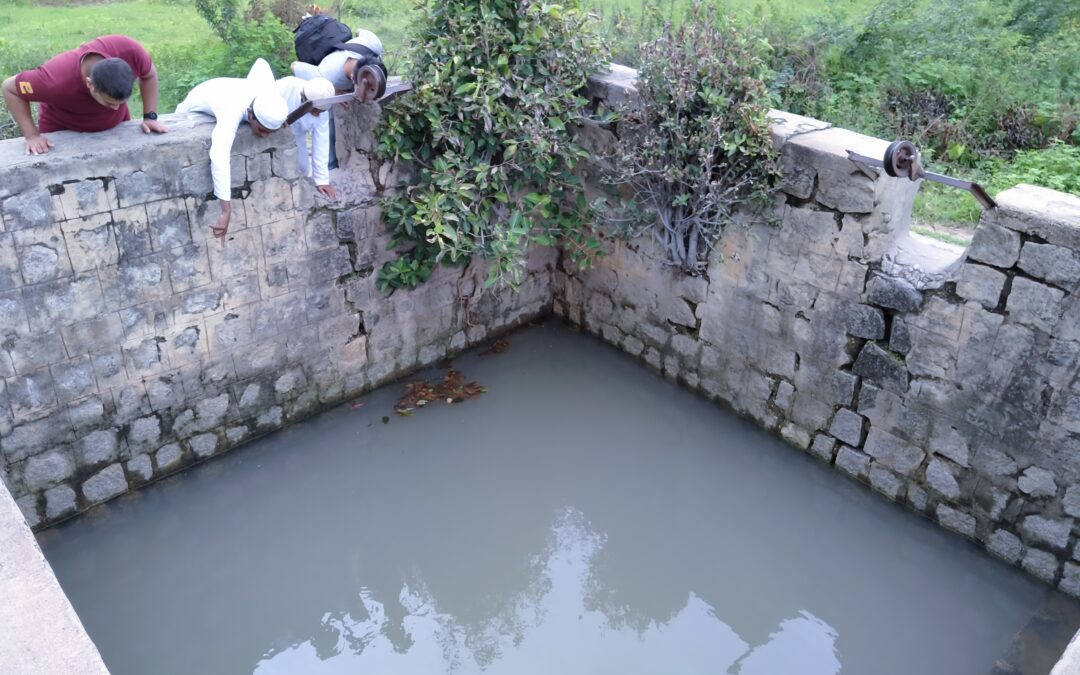
How Can We Measure Water Security Accurately?
This learning note explores the need for a framework like WISER (Water Index for Sustainability, Equity, and Resilience)—a science-based approach to tracking and enhancing water security in India. WISER leverages data, remote sensing, and stakeholder engagement to support evidence-based, equitable, and sustainable water management.
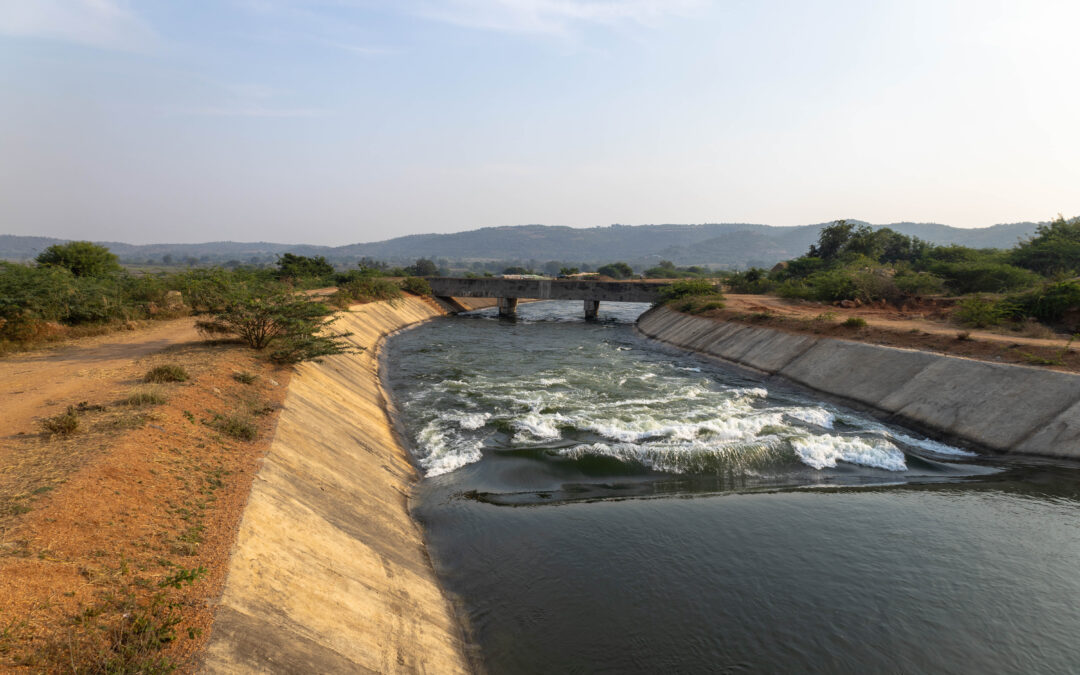
Phase 1 Results of the Water Index for Sustainability, Equity, and Resilience (WISER) Framework
WISER (Water Index for Sustainability, Equity, and Resilience) is a science-based framework to track and improve water security across India. It leverages data, remote sensing, and stakeholder inputs to enable evidence-based, equitable, and sustainable water management. This study showcases the results of the initiative’s first phase.
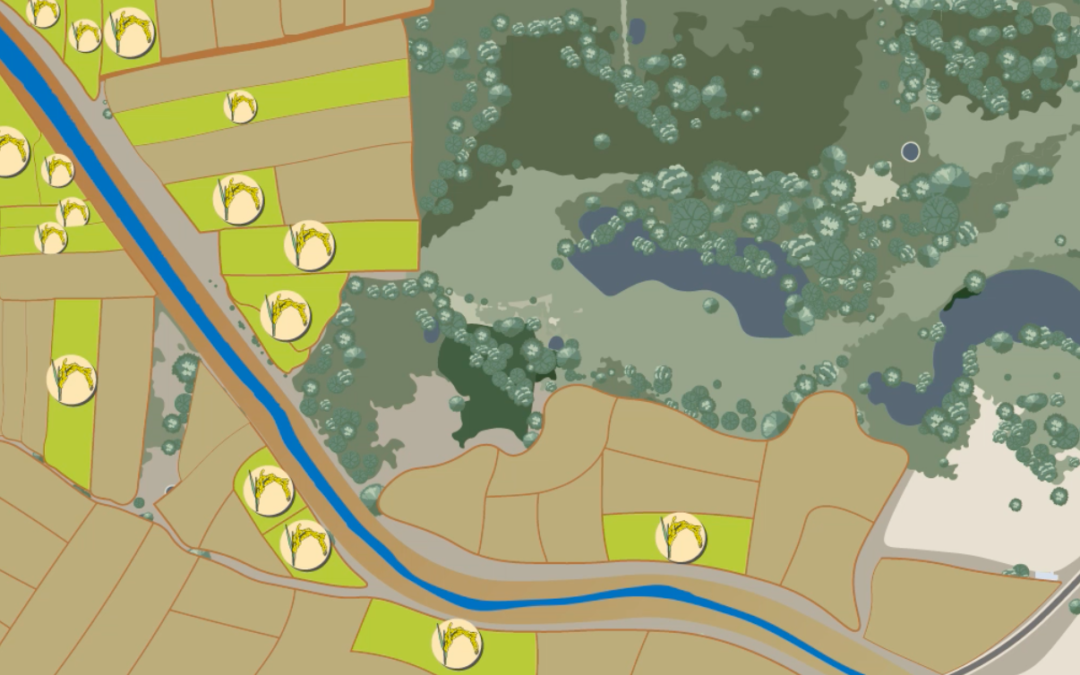
Jaltol: A Quasi-Experimental Approach to Evaluating Watershed Interventions
Jaltol is a web app that helps evaluate the impact of watershed programmes on both water access and economic prosperity
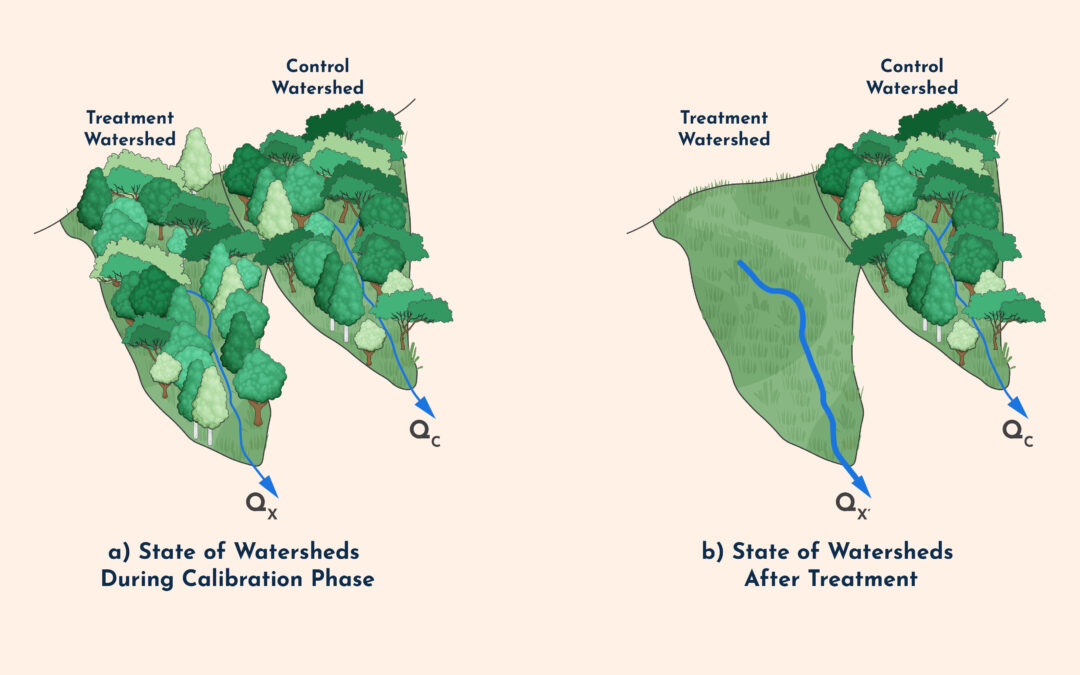
Paired Watershed Studies: Evaluating the Impact of Watershed Management Interventions
A paired watershed study is a research method that compares two neighbouring watersheds over an extended period to understand how changes in land and watershed management affect hydrological parameters
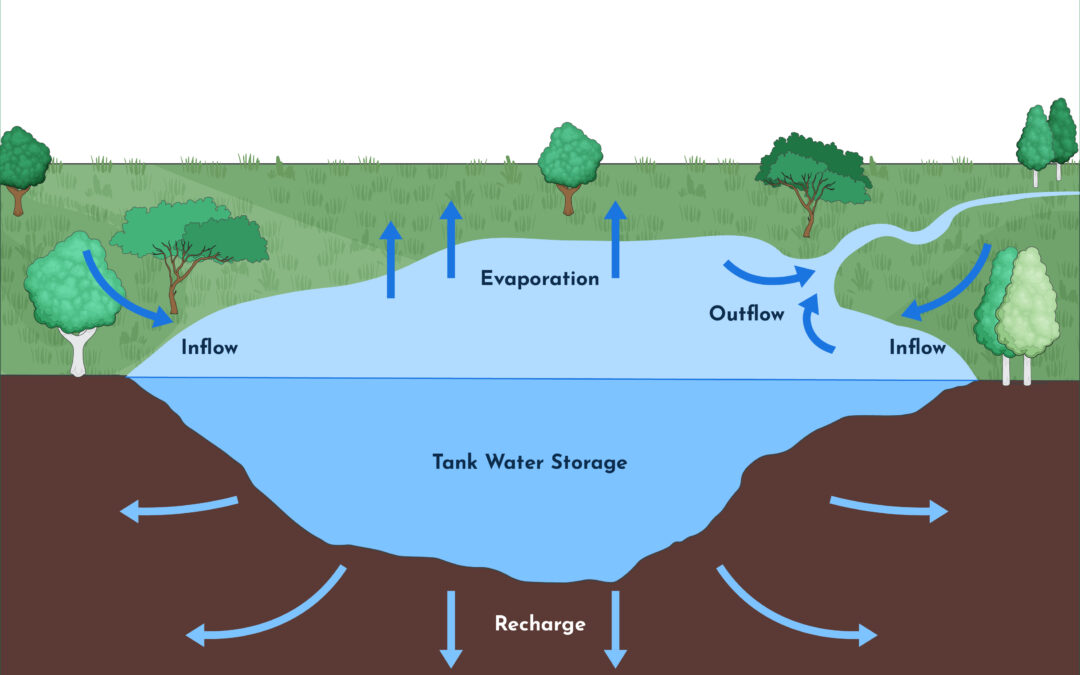
Staff Gauge: A Guide to Measuring Aquifer Recharge through the Water Balance Method
There is considerable spatial heterogeneity in rainfall patterns in India. This makes the staff gauge method especially useful as it can be easily applied to multiple water storage structures.
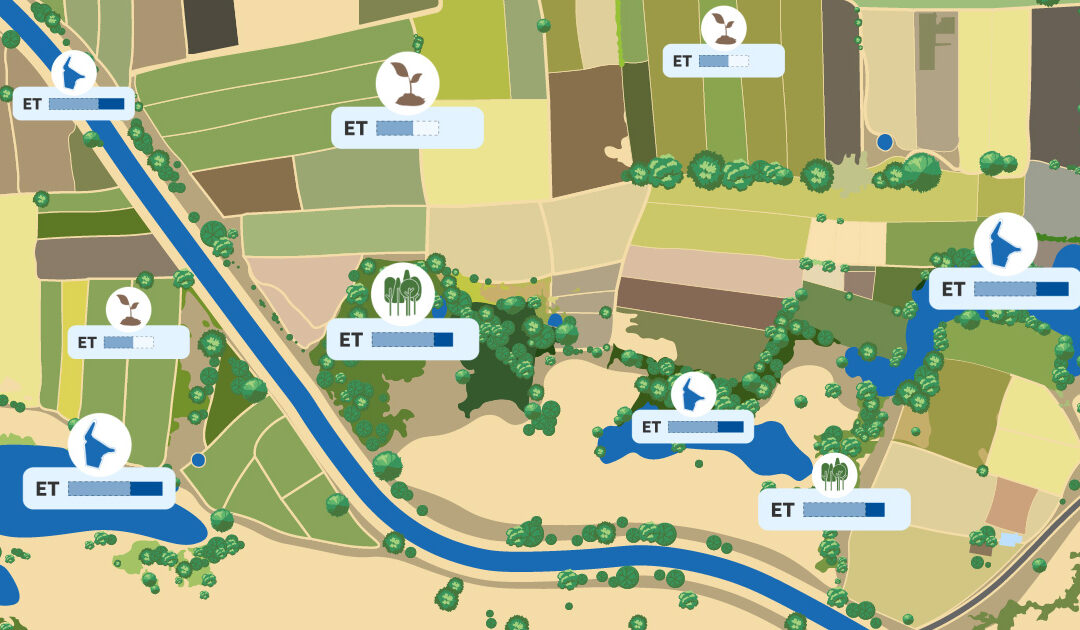
Monitoring, Evaluation, and Learning (MEL) Toolbox
An overview of hydrological assessment tools for better monitoring, evaluation, and learning in watershed management
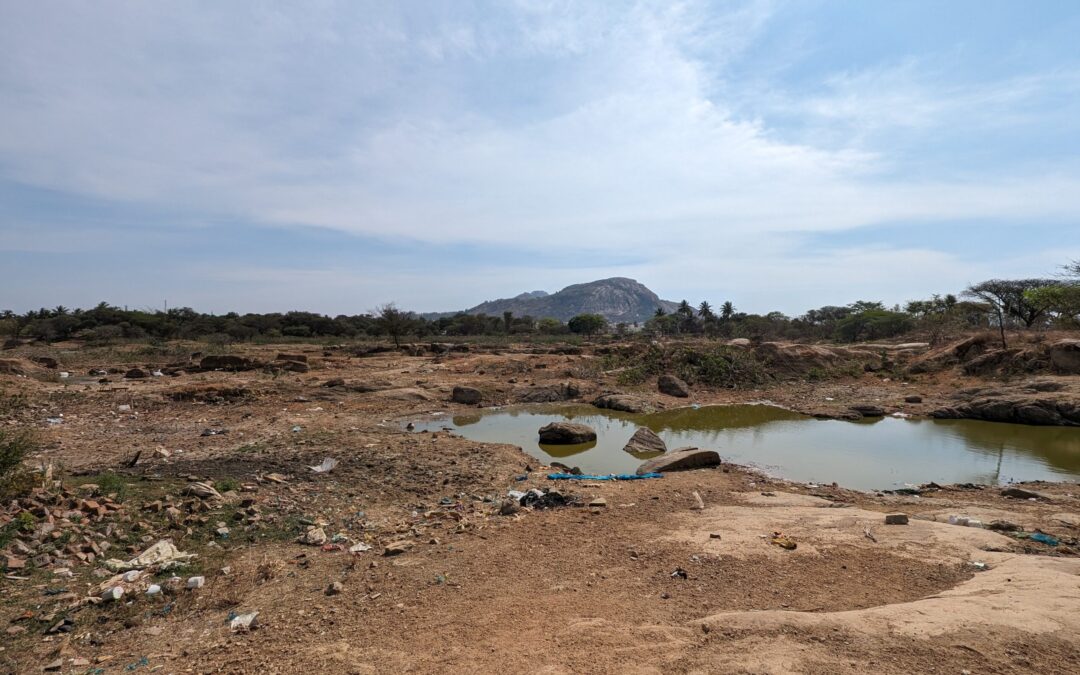
Chasing the Water Table: The Impact of Groundwater Depletion on Rural Drinking Water Supply in Peninsular India
Published in PLOS Water
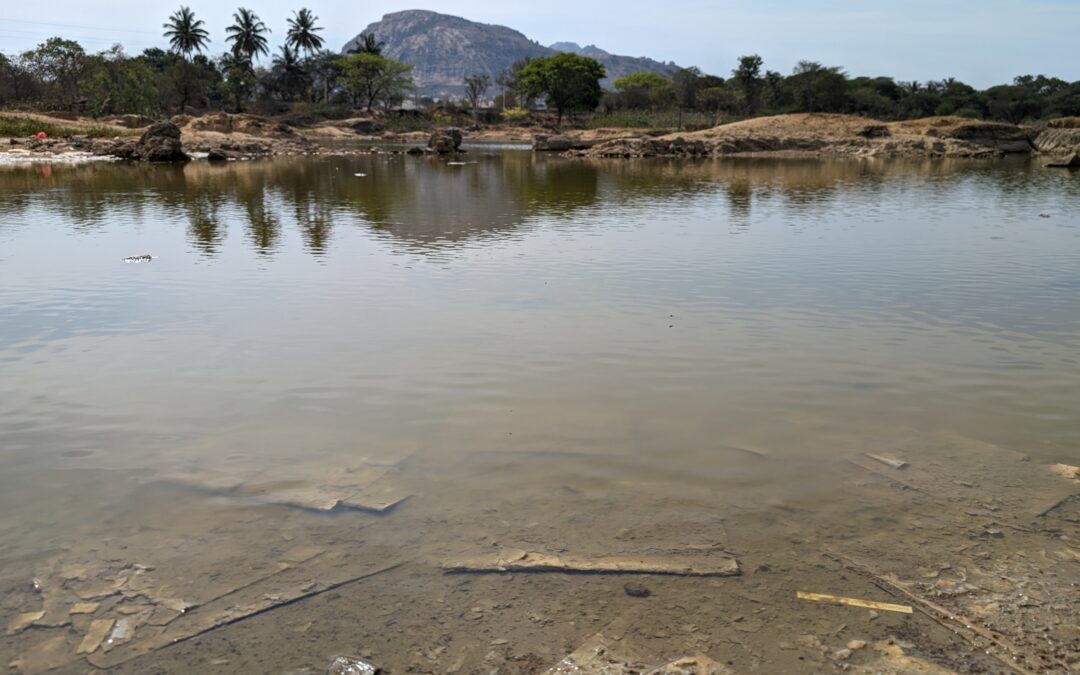
Review: Draft Framework for Lake Rejuvenation
WELL Labs, in collaboration with Friends of Lakes and supported by DCB Bank and BBMP, has drafted a framework for sustainably managing lakes. We invite you to review it and share your insights.
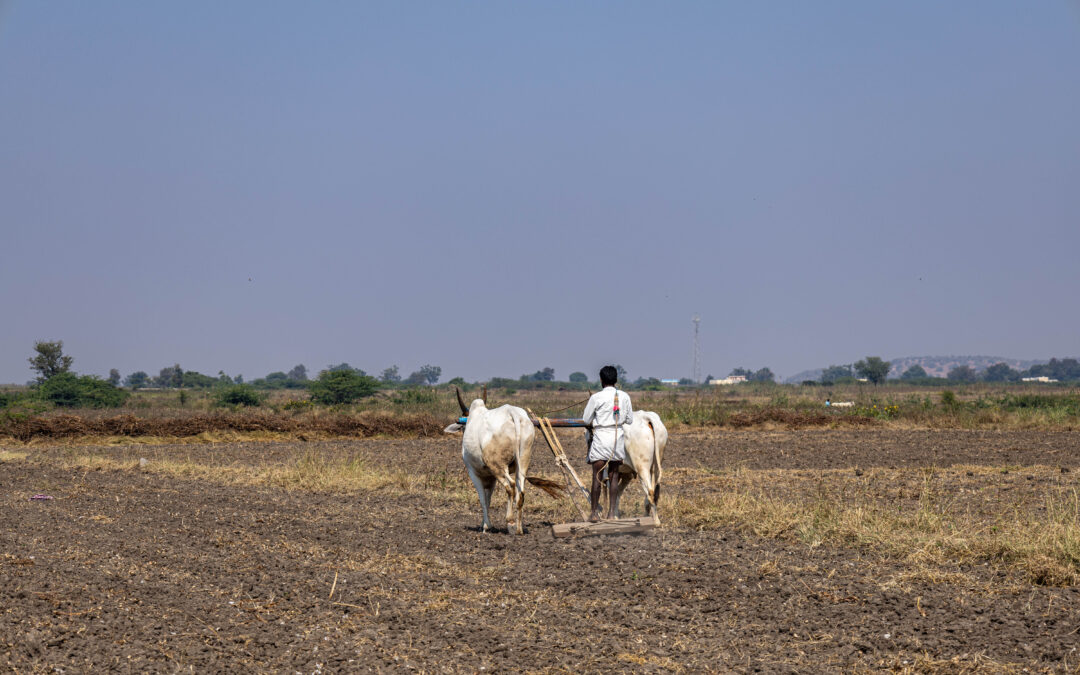
Situation Analysis: Raichur Transformation Lab
This situation analysis report explores the water management and agricultural challenges and solutions in Raichur district, Karnataka. It presents pathways to climate-resilient rural development.
